Use to using a different format, but the above is and example of lands, including an insert-map showing Braidlee, from Anglo-Saxon Broadlee, meaning a valley broad on the leeward side. Wolflee also Anglo-Saxon, meaning the valley of the wolf. Yes, there were wolfs in the region. They introduced them around here and the Navajo grandmas shoot them for going after their sheep. Put chief Margaret Eliott raised in Stobs, but of Redheugh, in the same category if Scotland decides to reintroduce wolfs. Her husband seems to have a Polish wolfish type surname.
Though I may observe him, do not want to make any distinctive moves. Past British Army MI6 you know, but on the same family side.
May have bumped elbows on an Armstrong in the Aberdeenshire region. Finding that Eliott-Elliot may have land connection with Douglas-In-graham in region. Those Graham they are English an seem to not want to claim Armstrong-Elliot as family. Maybe the Nixon and Crozier seem to have English connections they find more acceptable.
Kind of like staying in the Forest with the Fosters, they are English and seem to be not offended to be related to Armstrong and Elliot, from the English side like those Grahams. It is the Hunter and wolf, for they are predators of the elk-moose, I must watch out for.
The Crozier seem to be Saxon along with the Thorleehope (valley of Thor, god of lightning Thunder Valley). A couple of Crozier seem to match their Y-DNA and are not R-L193. It seem like if you are not R-L192 and are R-U106, Anglo-Saxon they like to silence and exterminate you. Mark Stephen Elliott
Daniel as a forename is not popular in Scotland. Many great in accordance with Douglas Scott of BC, Canada, Dand Ellot was banished from both Kingdoms in 1607, then shows up as Daniel Elliott, in Tullykelter, Co. Fermanagh, Ireland, as part of the Somerville Estate in-law to the Monea Hamilton. Names Somerville, and Ellott show up in 1610 Tyrone Muster, and a generation later in the Co. Fermanagh, Muster. James Somerville shows up in bother musters. 1610 James Somerville had son 1630 Somerville. Scots alias nickname for Andrew is Dand, Irish English it becomes Daniel from surname of Daniel-M’Daniel it may be obtained. Ellot family of Tullykelter were Anglican but nomally Catholic, from forenames show this, even the name in 1610 Ulster Muster of Co. Fermanagh, Marke Ellot shows this. Before 1650 the Scots used Ellot not Elliot with the Norman ‘i’. Daniel Elliott name in 1692 Salem Trials was spelled Elot, the ‘i’ was added likely because of a John Eliot (Eliot Hall Harvard) which came over on the Mayflower. Had a relative to a George Soul who’s ancestor those Armstrong may have melted in lead at Ninestanerig, 9 stone ridge. Did not seem to care much for this Soulis either. The Douglas and Armstrong seem to like, and this Douglas Scott who is from BC, Canada is active with the Hoik-Hawick Archaeological Society, and has this younger brother who is active also, and sings Scottish Ballads with this group called Scocha (Scott-Chapman), do not know being an elk-moose if I care for his middle name of Hunter, though I think he also is weary of the hunter.
A Hawick Word Book Douglas Scott.pdf (ubc.ca)
Robert Elwald 1484 receiving Redheugh-Larriston land from ‘Bell the…
The History of Liddesdale, Eskdale, Ewesdale, Wauchopedale and the …
Showing the names the names; Ellot, Elwald, and Elwauld are being used before 1550 in Selkirk.
Index to “THE BURGH COURT BOOK OF SELKIRK, Part Two: 1531-1541”; (published by the
Scottish Record Society, 1969).
THE BURGH COURT BOOK OF SELKIRK, Part Two:
E
Easton SEE ALSO Eston; Estoun –
Edmiston, laird of – 188
Edmont, Thomas – 174
Edmont, Thome – 136, 191
Elliot SEE Ellot –
Ellot, Ade – 161
Ellot, Andrew – 178
Ellot, Dand – 175, 178
Ellot, Elizabeth, wife of David Davidson – 114
Ellot, George, in Lynden, age 32 years, married – 126
Ellot, Helen, married, age 30 – 160
Ellot, Ingrame – 141
Ellot, James – 156, 159
Ellot, James, age 35, single – 161
Ellot, James, in Lynden – 114
Ellot, Robert – 131
Ellot, Thomas – 113, 137
Ellot, Thome – 116, 117, 157, 160, 175, 190, 196, 197
Ellot, Villiem, in Lynden – 125
Ellot, Voll – 162, 166
Ellot, Voll, alias Voll the vowair – 155, 157, 160
Ellot, Volle – 115, 125, 126, 156, 160
Ellot, Volle, alias the vowar – 161
Ellot, Volle, otherwise called the vowar – 158
Ellot, Voll[e] – 115
Ellot, William – 156, 158, 160, 162
Ellot, William, brother of Elizabeth Ellot – 114
Ellot, William, in Lynden – 126
Ellot, Woll – 128, 129
Ellot, Wolle – 158
Ellvaild, Thome – 197
Elphinstone SEE ALSO Elphinstoun; Elphynstoun –
Elphinstoun, David – 141
Elphinstoun, William, spouse of Katherin Curll – 156
Elphynstoun, Dand – 150
Elvauld, Thome – 200
Elwald SEE ALSO Ellvaid; Elvauld; Elwauld –
Elwald, Thome – 202
Elwauld, Jhone [alias Johannes Gye] – 225
Elwauld, Jhone, alias Gy – 232
Elwauld, Jhone, alias Jhone Gy – 228
Elwauld, John – 228
Elwauld, John, alias Gy – 231
Elwauld, Thomas – 221, 231
Elwauld, Thome – 202, 210, 223
Eston, Jok – 179
Estoun, George – 170
Estoun, Jhone – 170
Estoun, John – 169, 180
Estoun, Jok – 138, 181
Estoun, Jok of – 170, 171
Ellwood;
Felt needed to give something of Elwood and Ellwood;
The name Ellwood in Cumbria England is felt to the come from Elwold, or variants of. It is felt that wold is low German for the high German of wald.
In high German wald stand for forest, in low German wold stands for small forest or wood(s). The high Germans were of the forest, and the low Germans were of the wood(s).
It should be noted that James V. Elliott did an excellent analyse on the Cumbria England//Cumberland Scotland region when he was overseen the Elliot Clan Society Y-DNA;
Would/wold could refer to moorland;
It is felt that moorland, along the streams, may have had trees, and this was a part of the moorland. This area would not be referred to as forest, but as wooded regions.
It is felt that people referred to Elwold could be lowland German.
It is felt that the Elwold/Elwould/Ellwood, of Cumbria England region are of Lowland German influence.
Given the following one can see there are very few Ellwood of Scotland as opposed to England. Most Ellwood are found in the region of Northumbria which became England.
Elwood;
It is felt that the English and Scot variants of the same name are basically differentiate. Where Ellwood is the basically English, the name Elwood is felt to have Scottish origins.
It is felt it is the Scots which used the name Elwood, instead of Ellwood.
Elwood/Ellwood uses a stag.
When I drew out the crest for the Horseleyhill Elwald/Ellot using similarity to to the Kerr;
It should be noted that the above description did not give colors. So the William Elliot of Horseleyhill had the same shield as the Elwood.
It is felt that the William Ellot/Elwald of Horseleyhill is felt that William Ellot/Elwald is of Goranberry, which is next to Braidley where Martin Ellot/Elwood is of.
So the Gorrenberry/Braidley family riding of the same grain could have ridden under one crest.
It should be noted that in the UK there are proportionately more Ellwood than Elwood, and in the US there are proportionately more Elwood than Ellwood. It is felt that the Scottish Elwood migrated from Scotland to Ulster and onto America.
Mark S. Elliott 6/7/2014
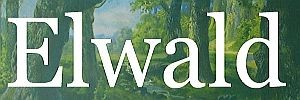
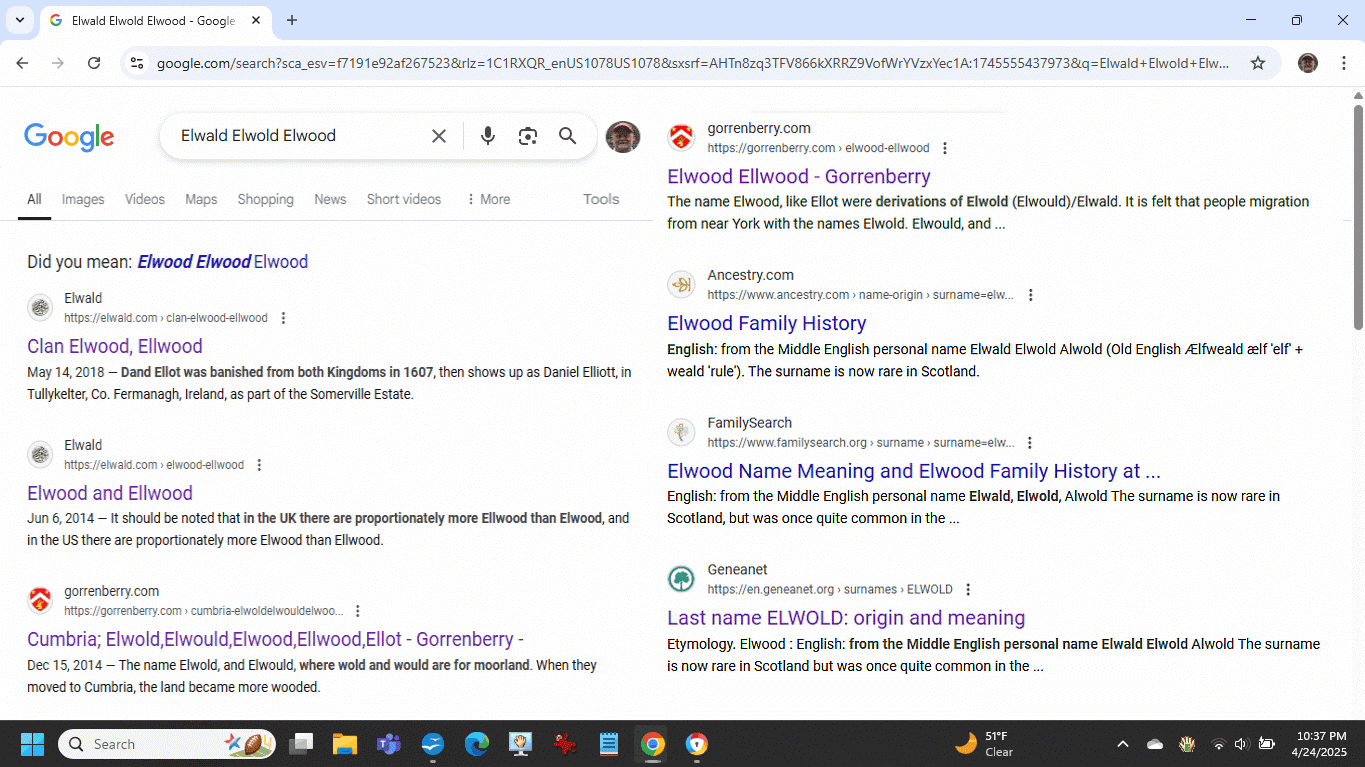
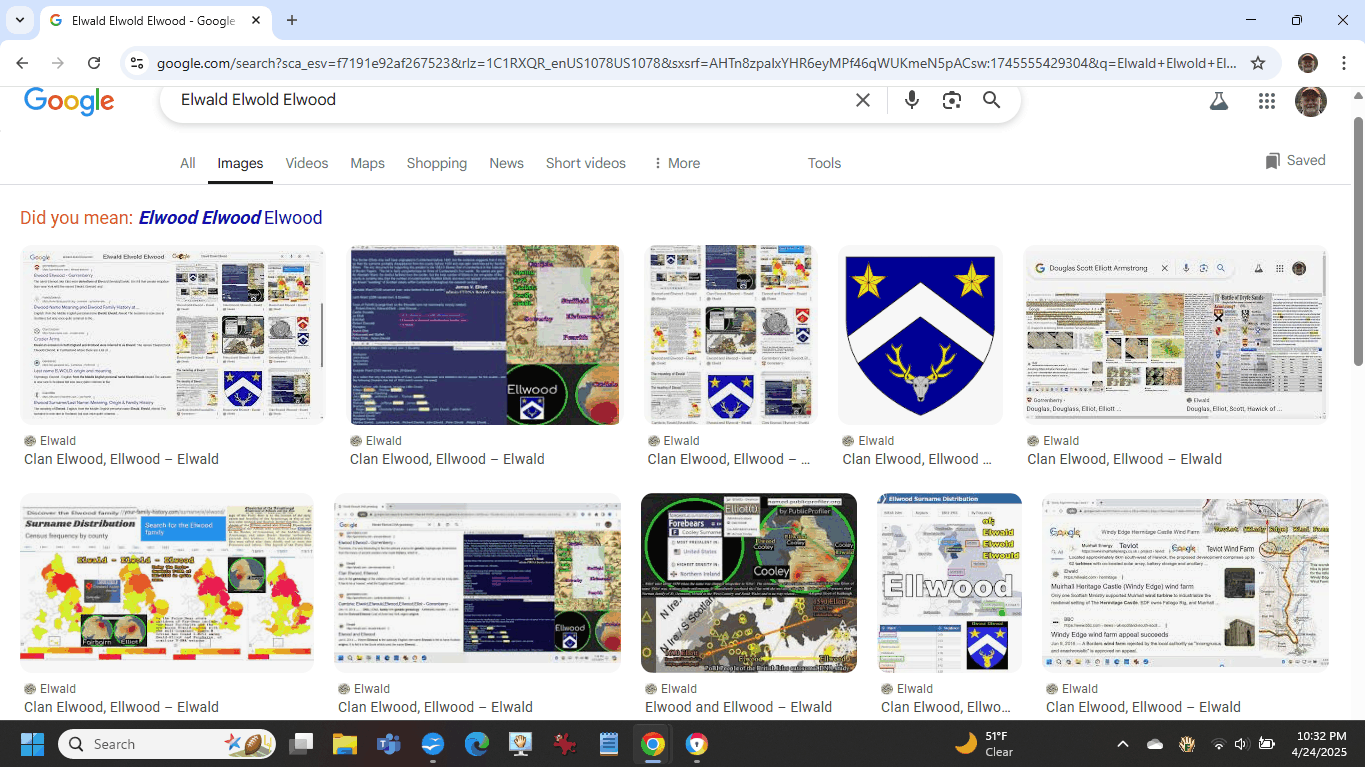
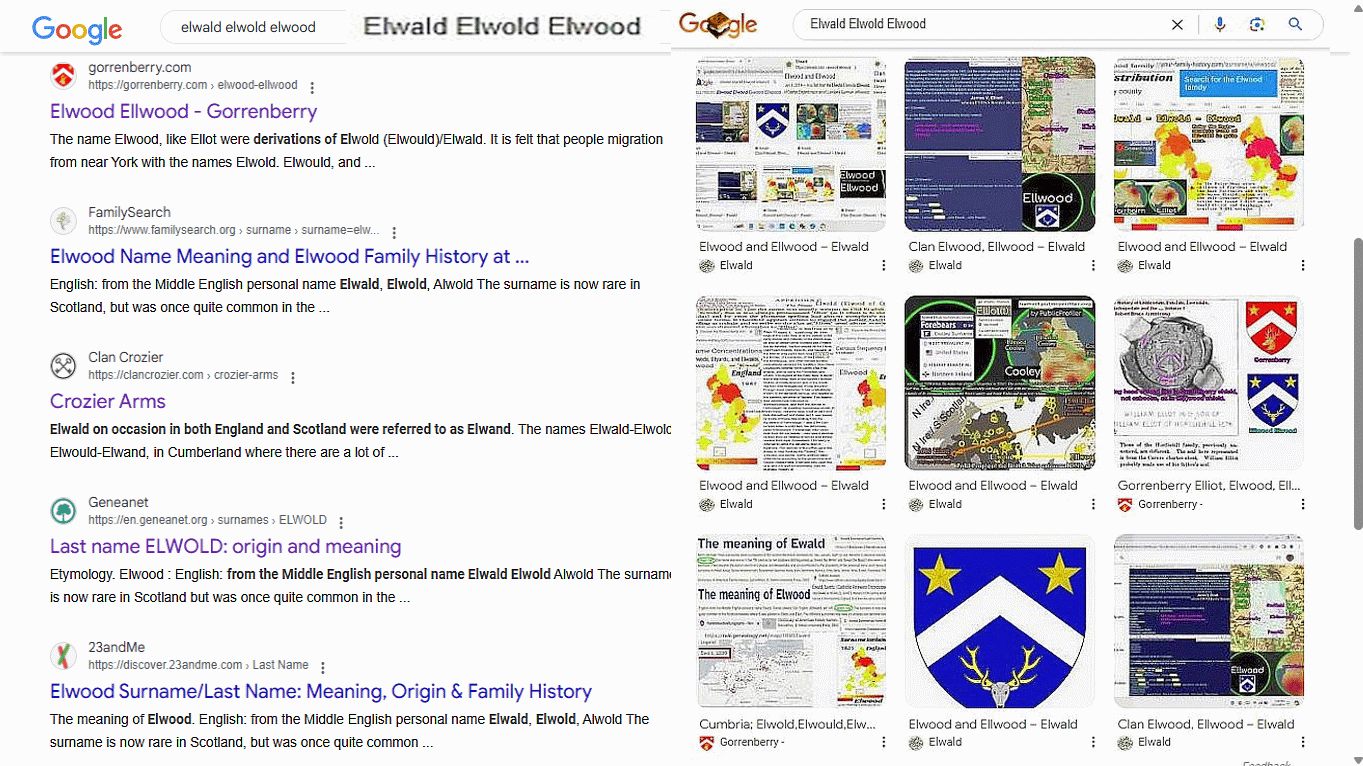
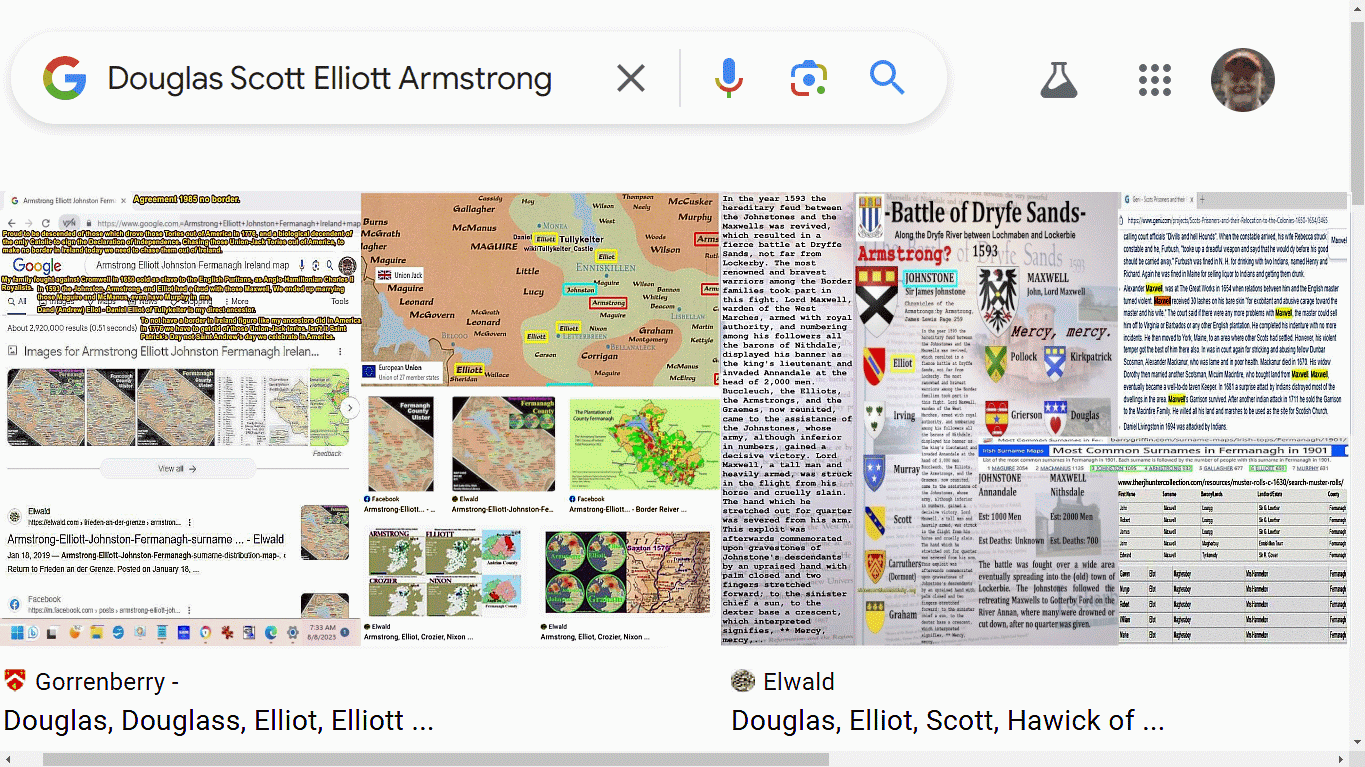
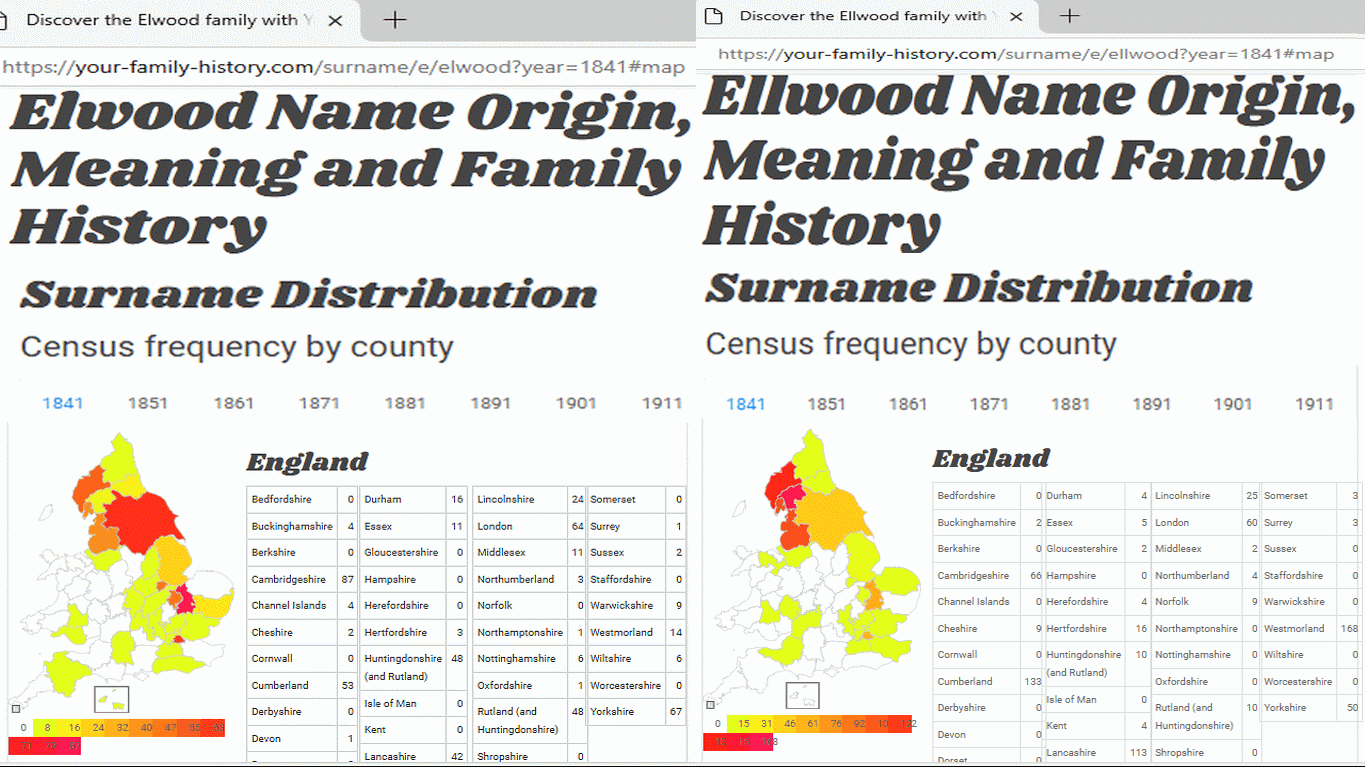
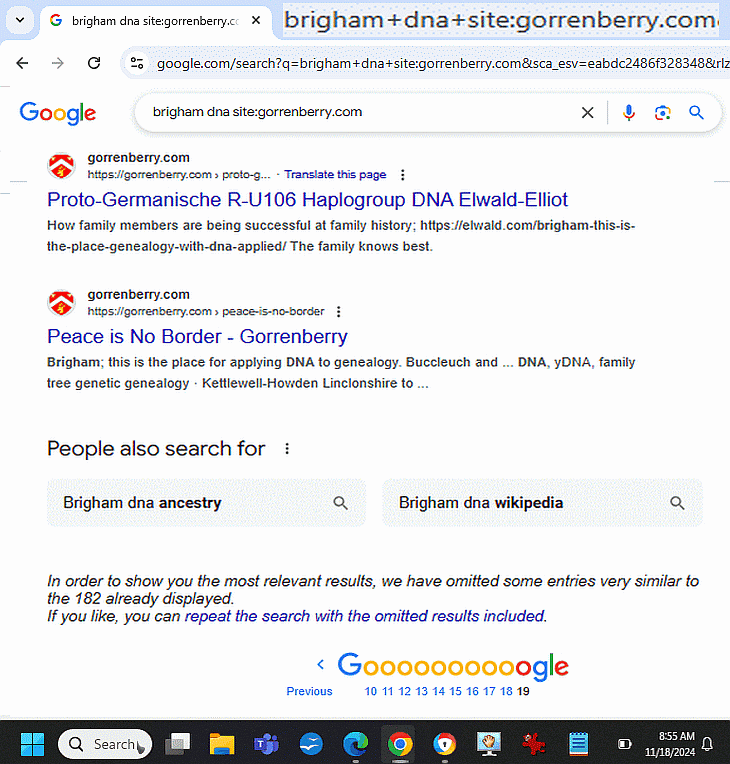


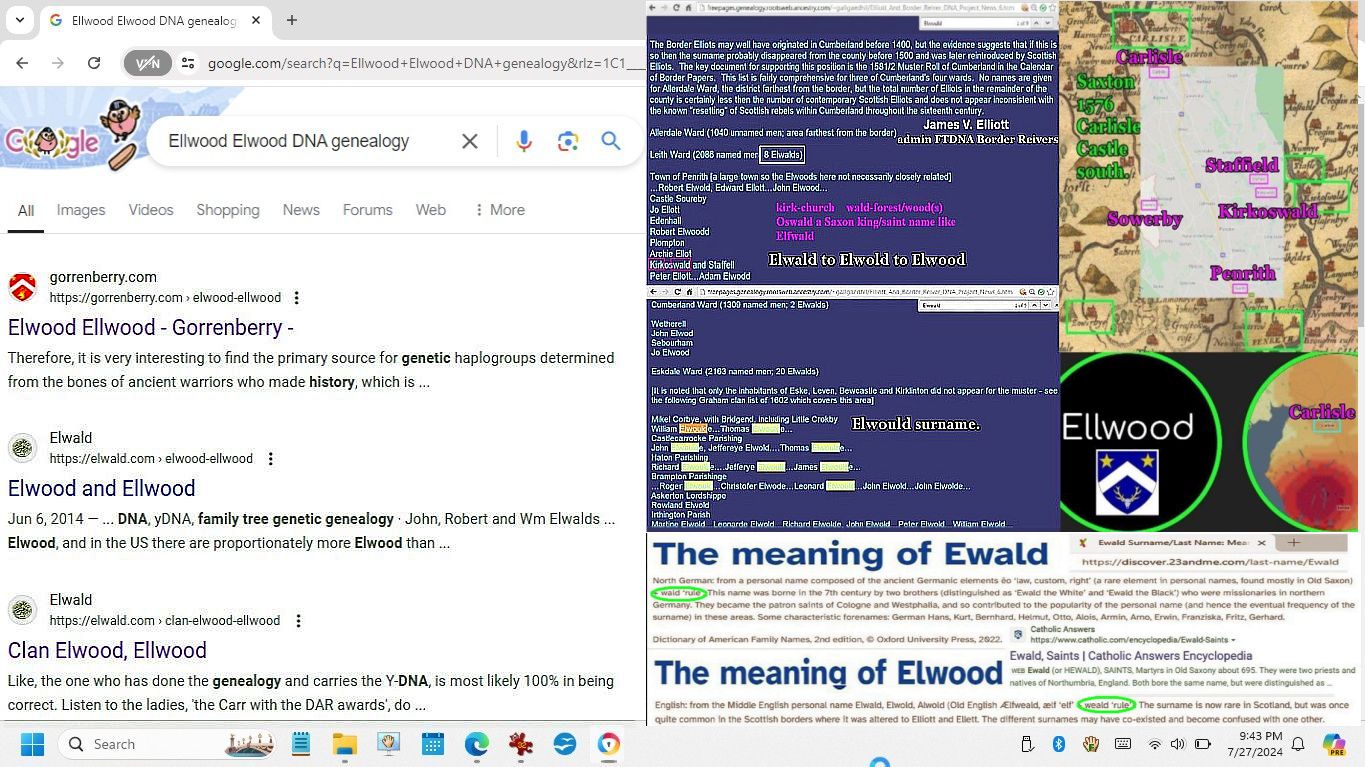
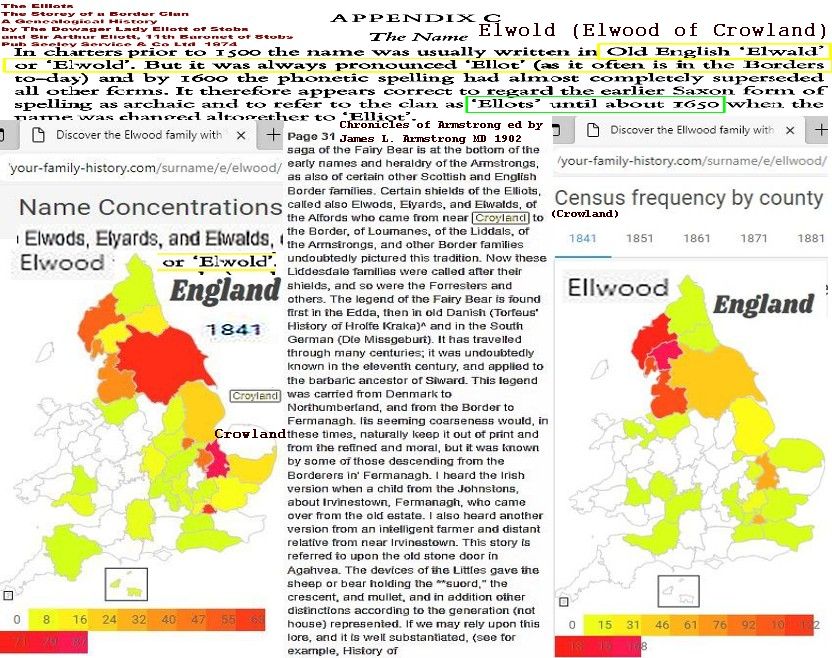
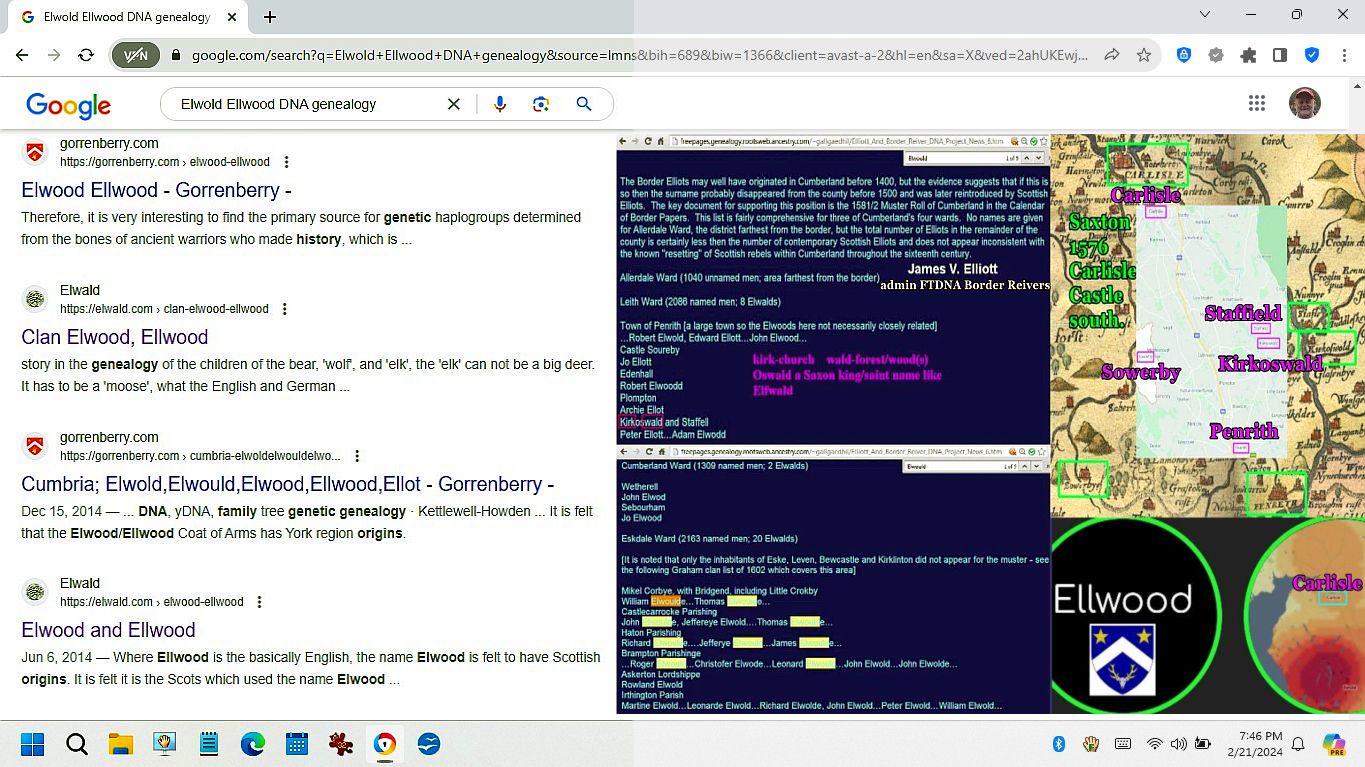
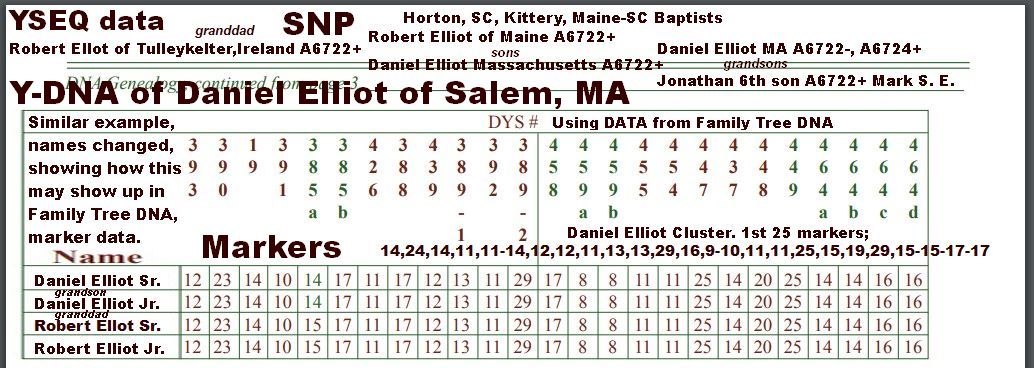
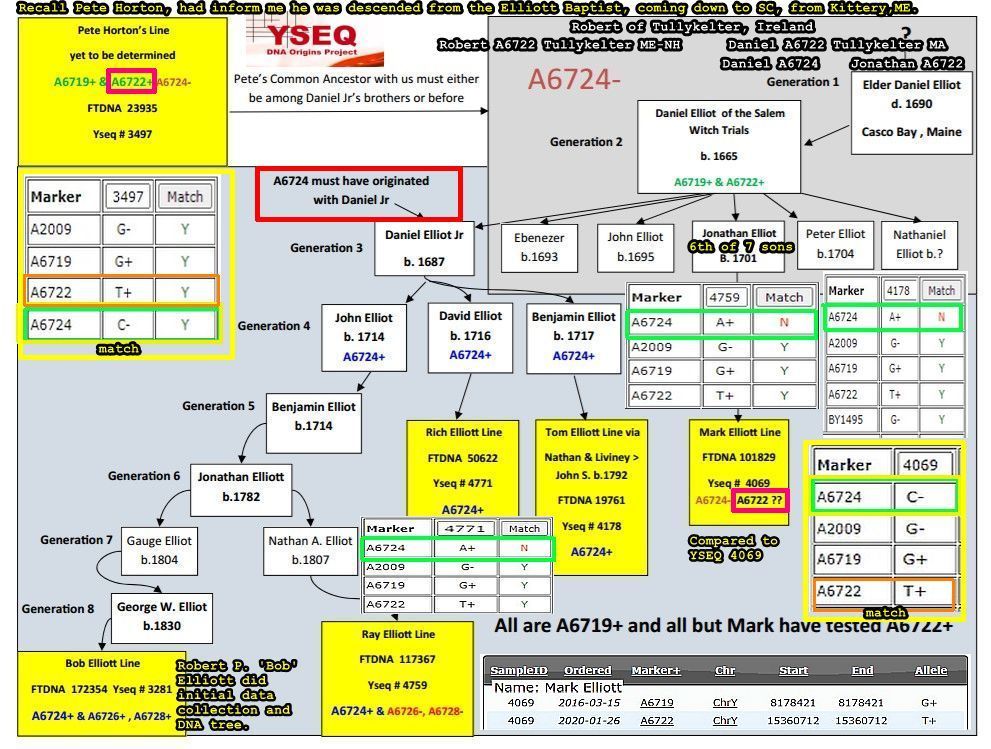
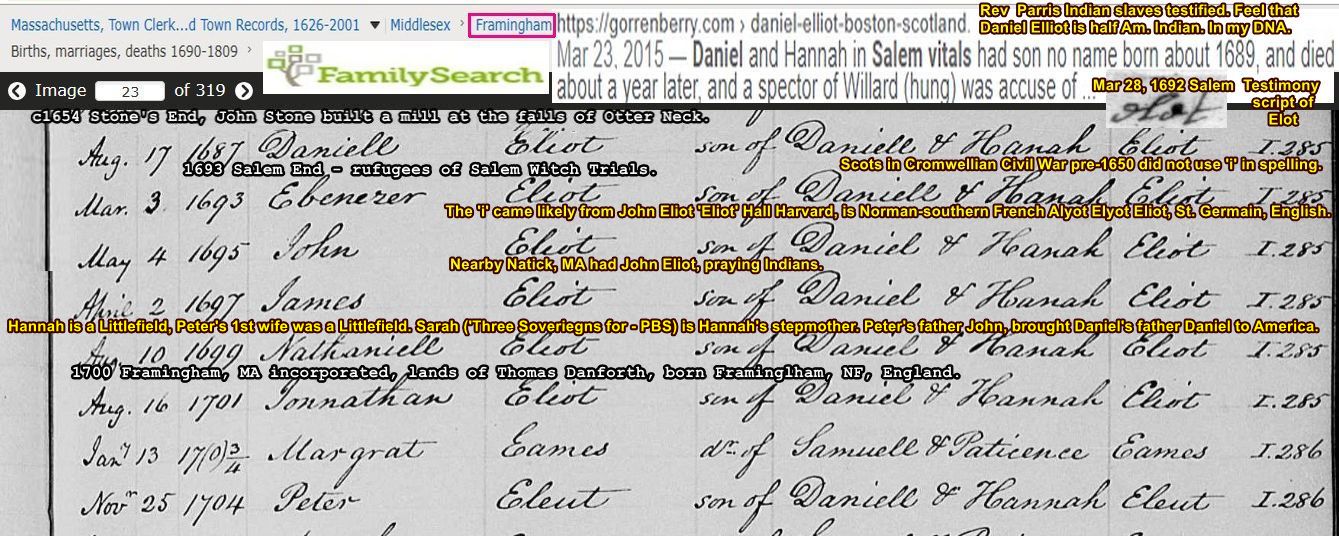

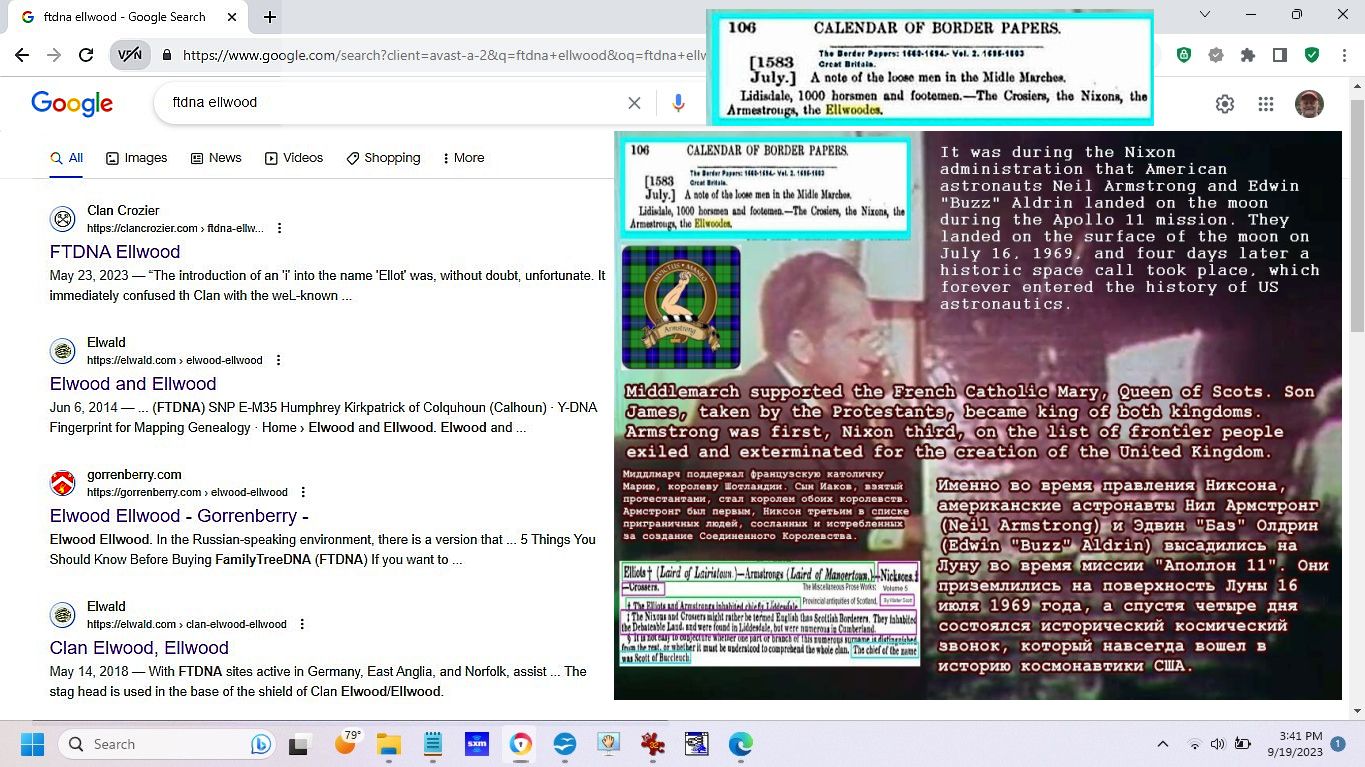
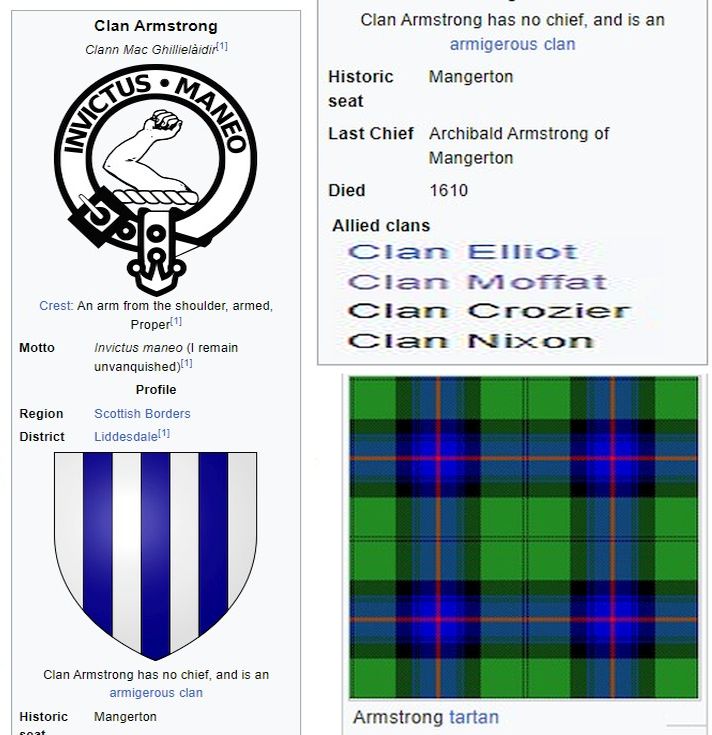
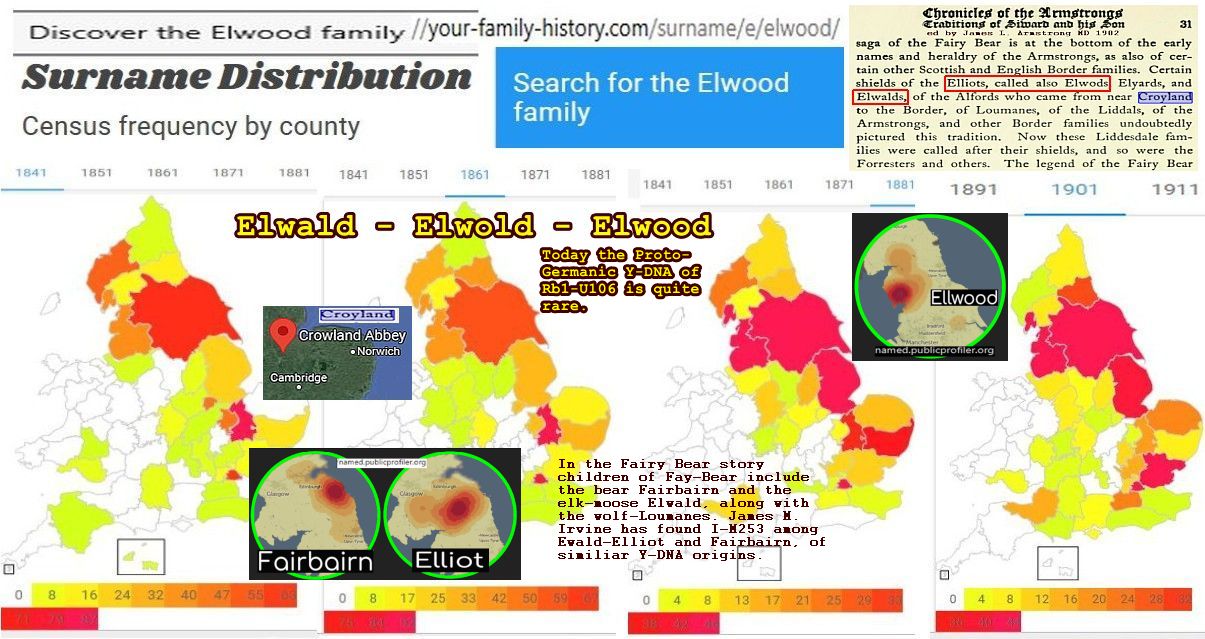
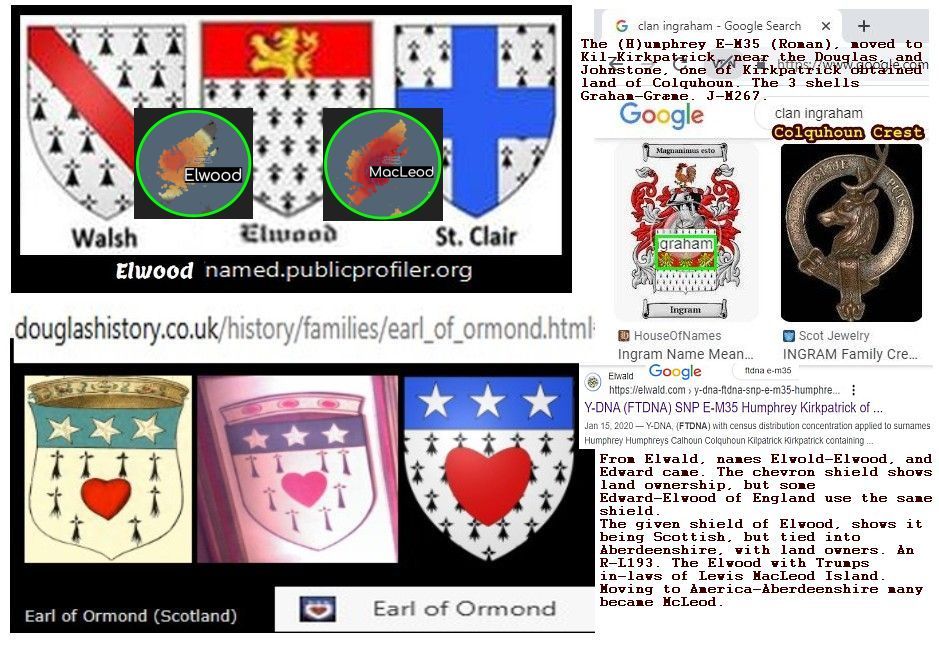
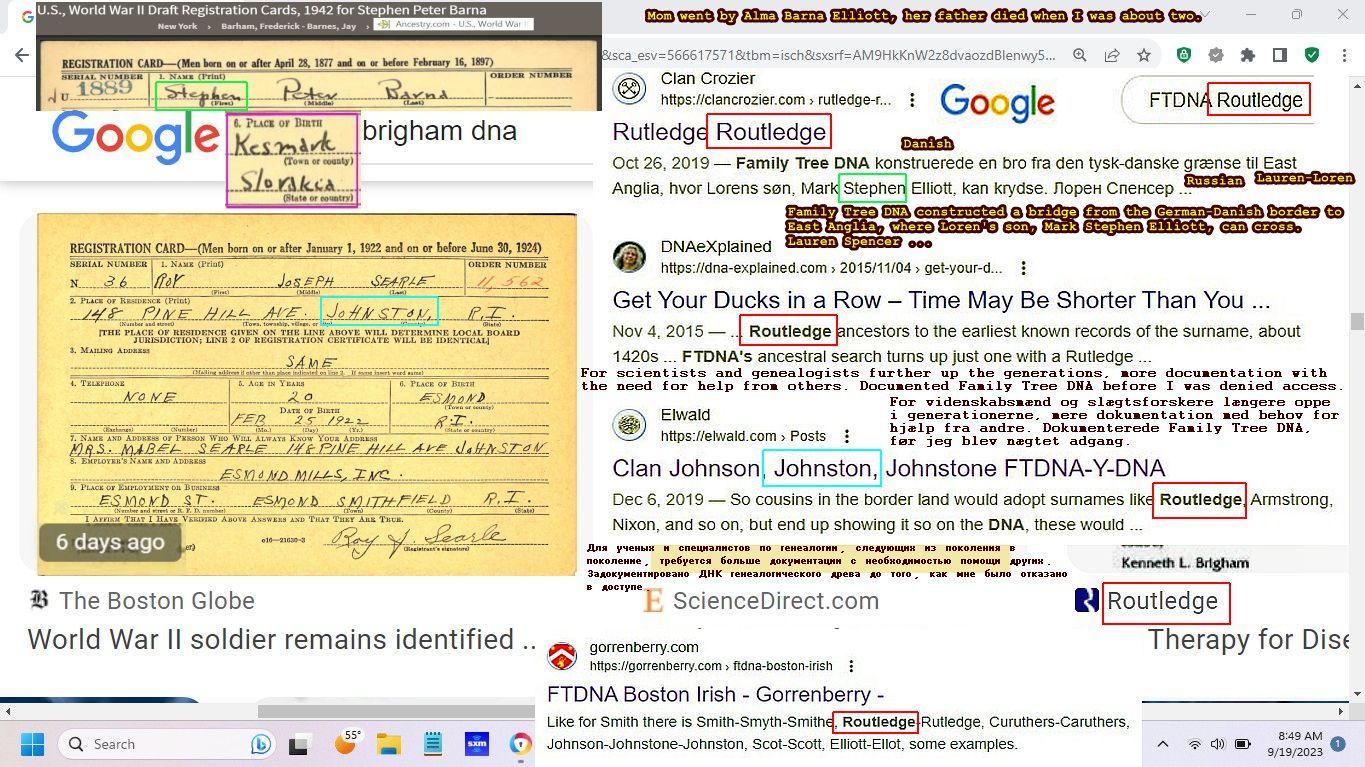
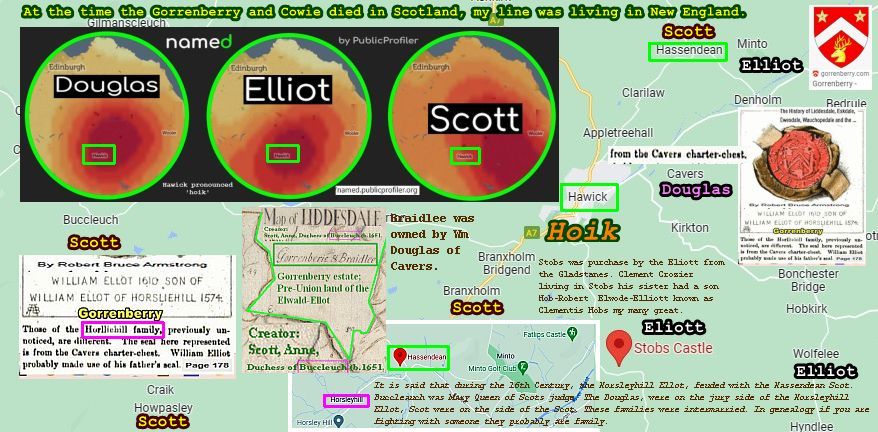
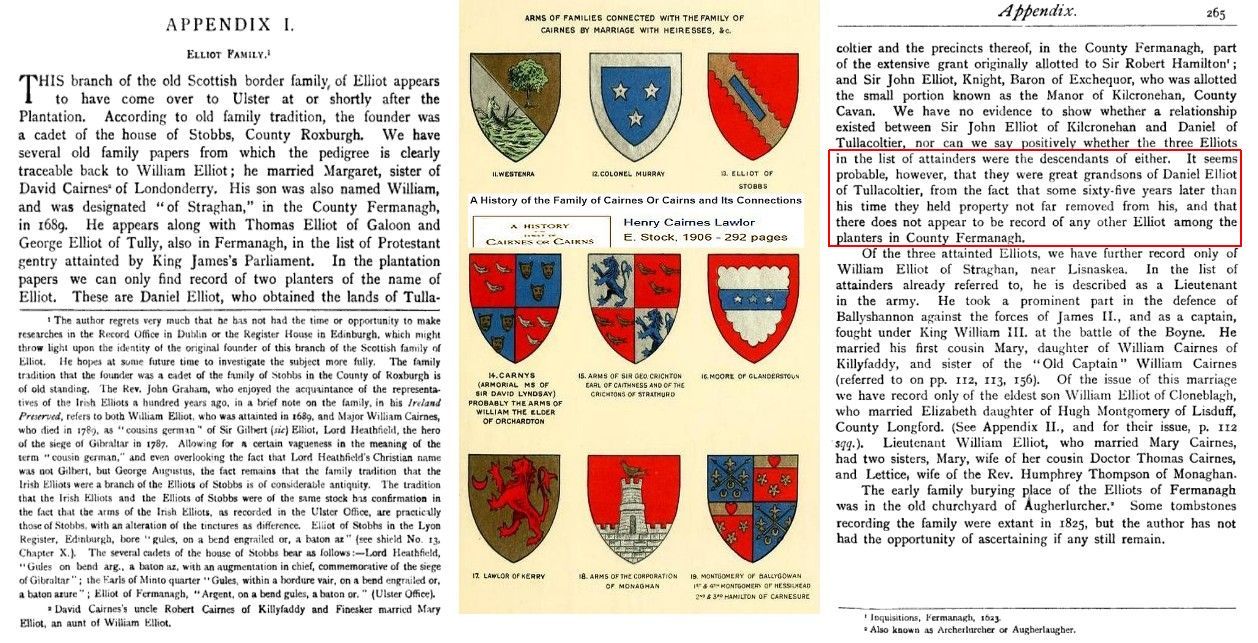
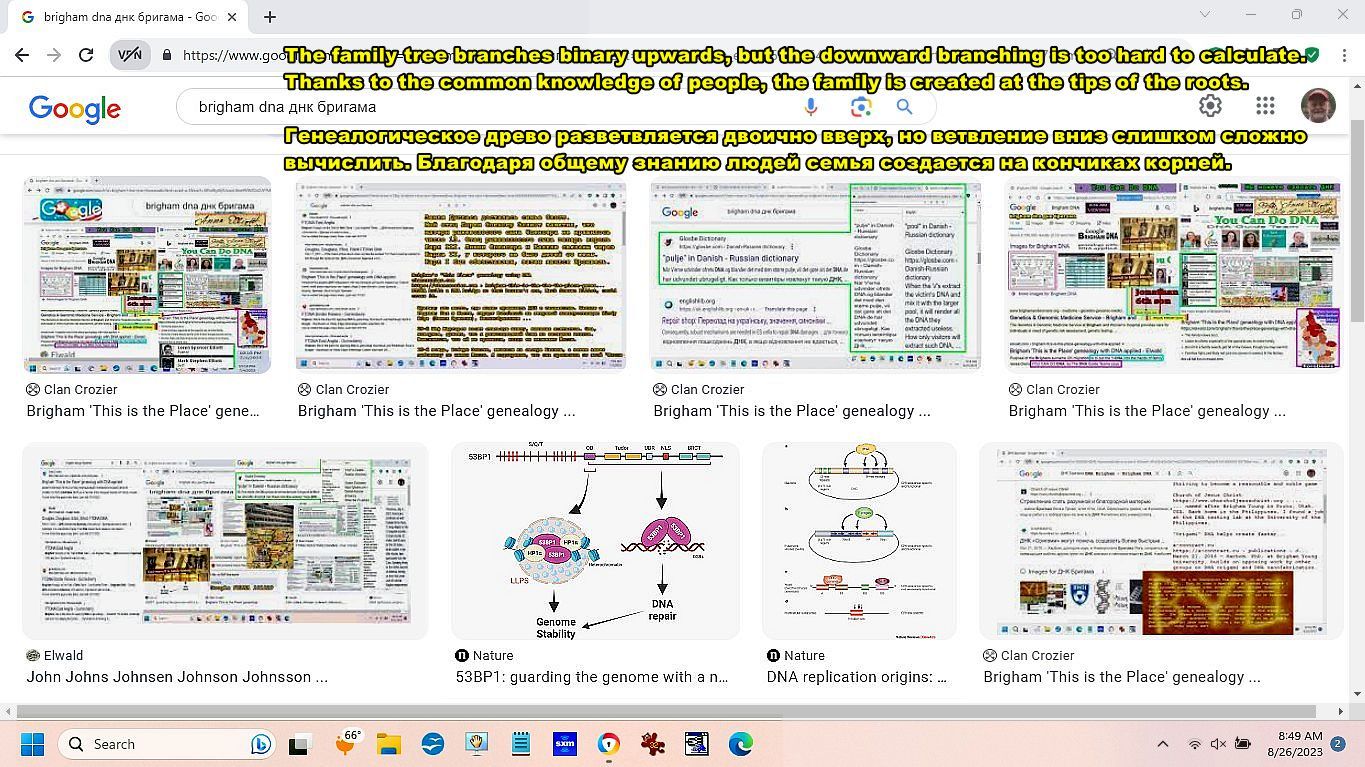
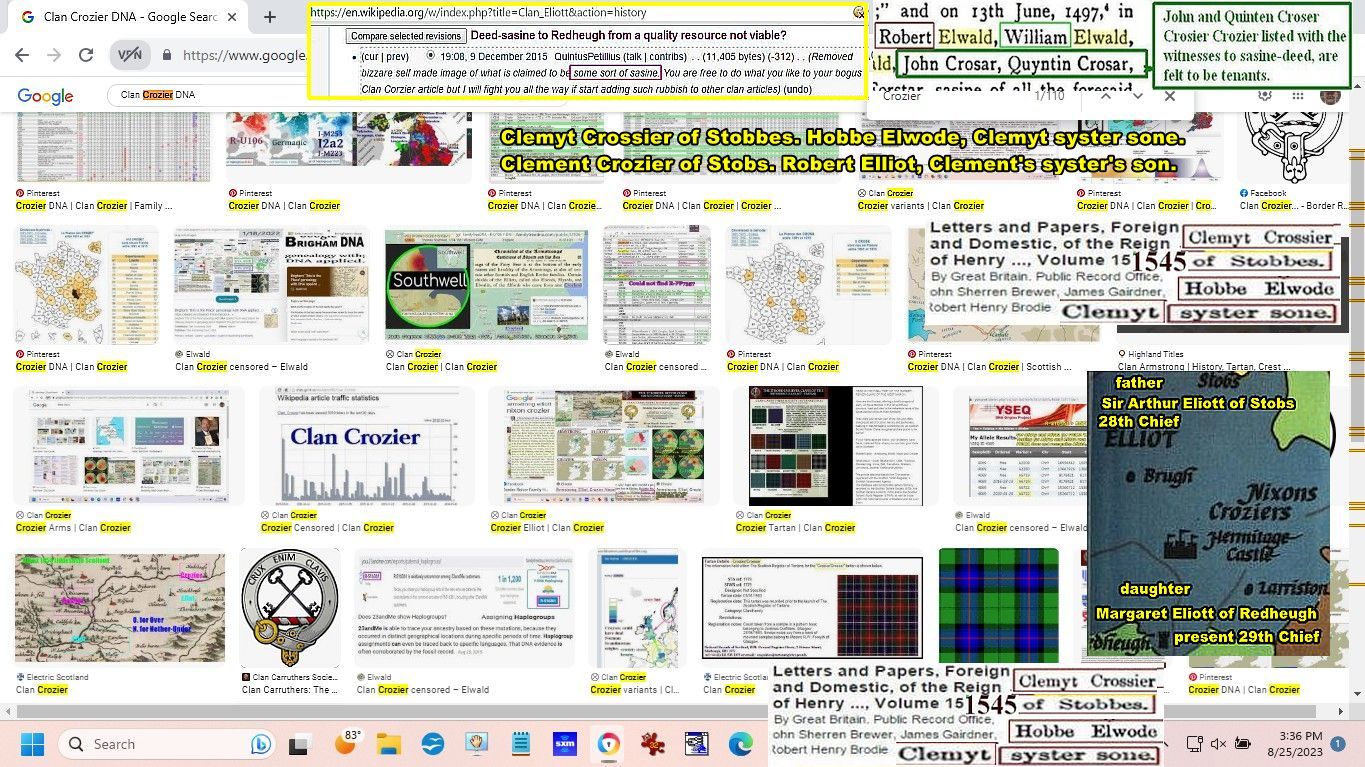
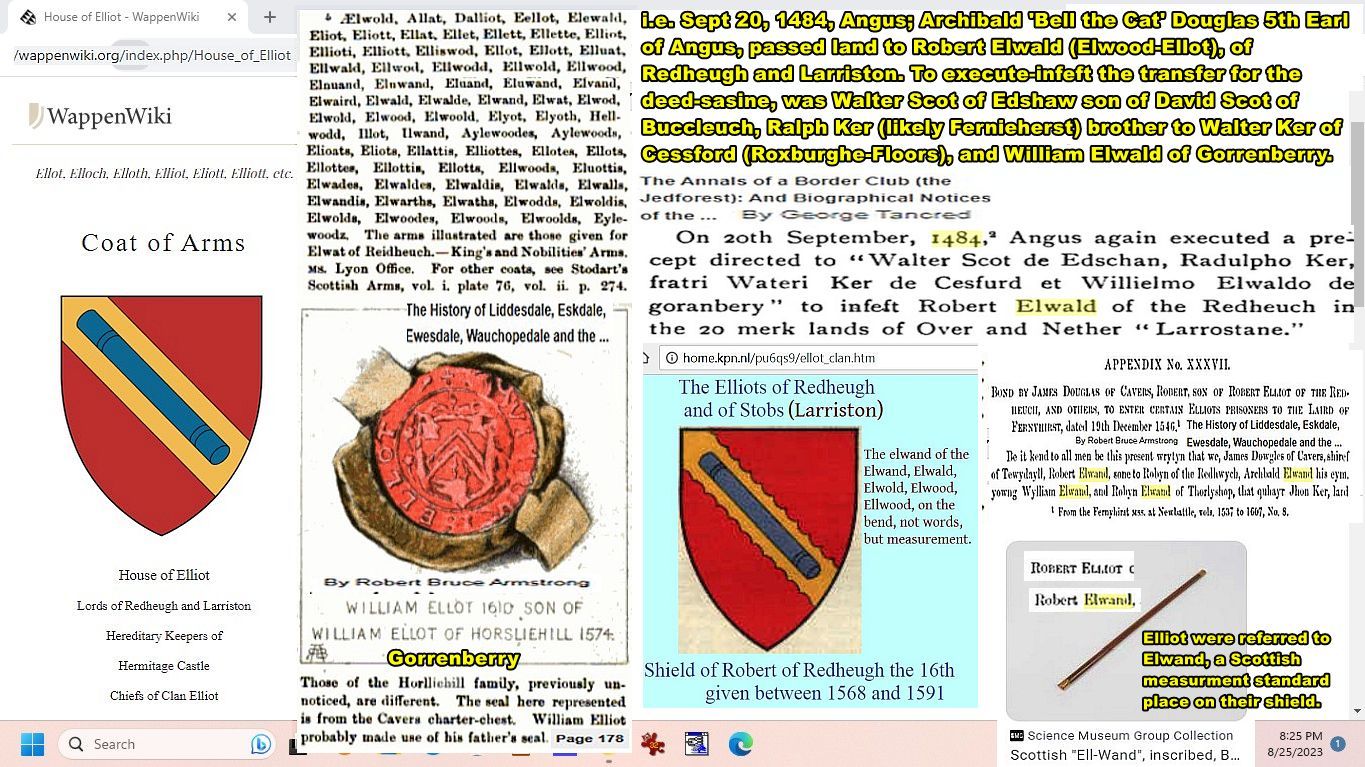
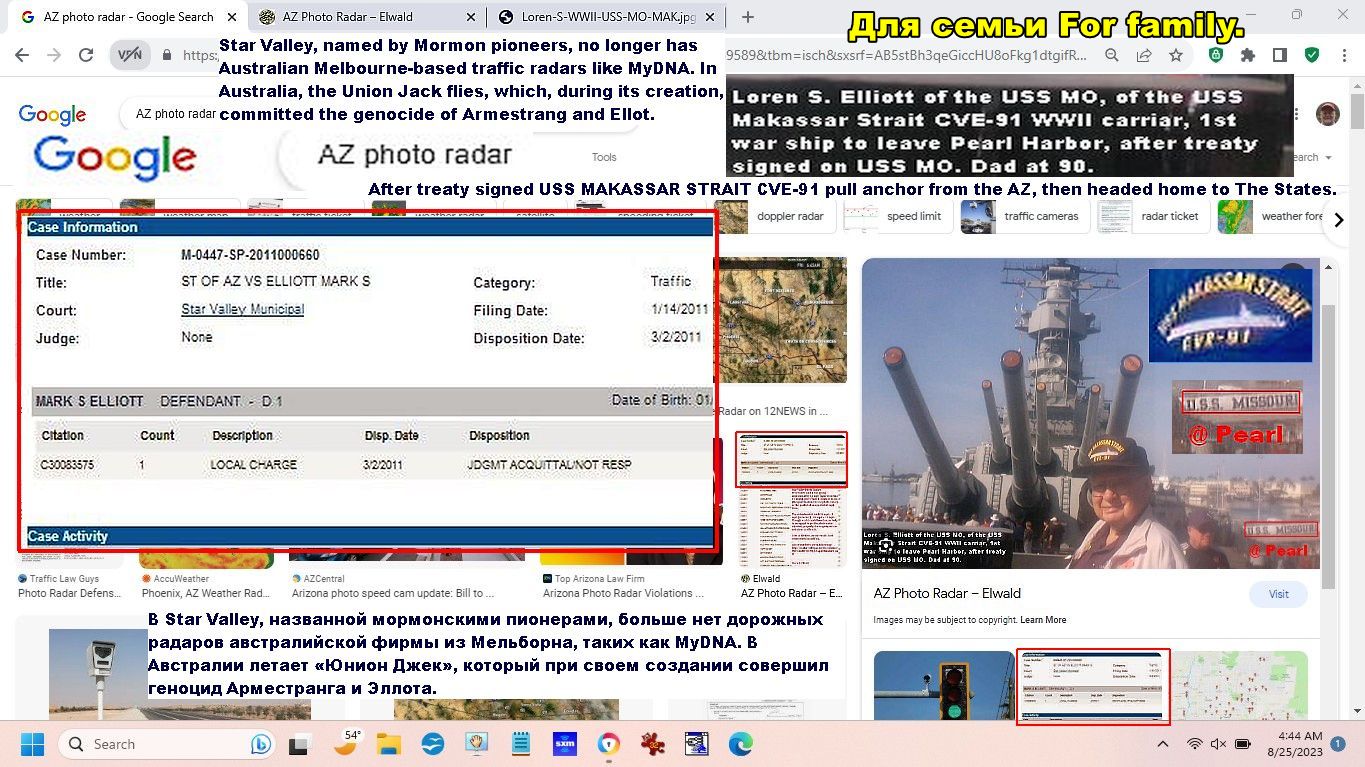
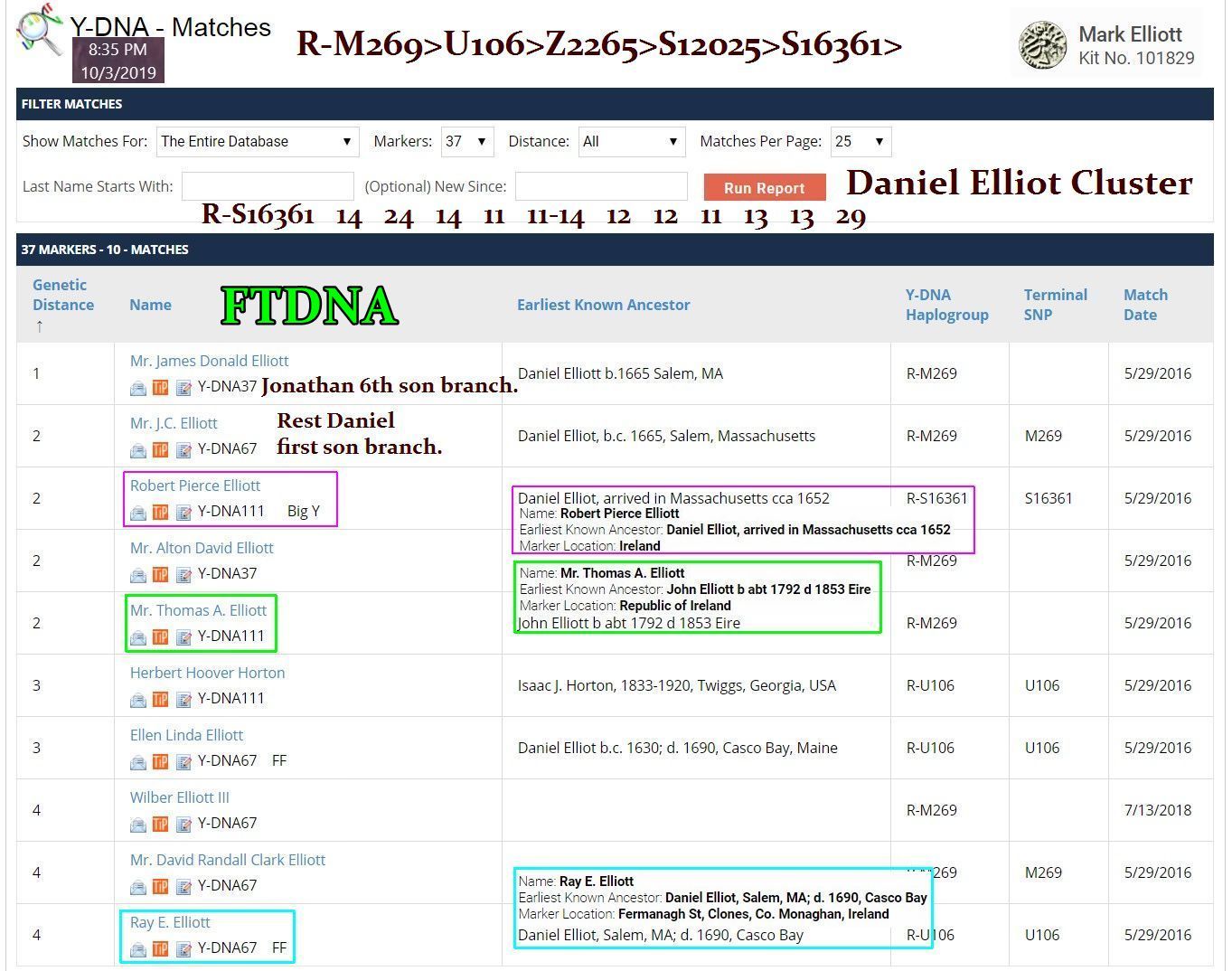
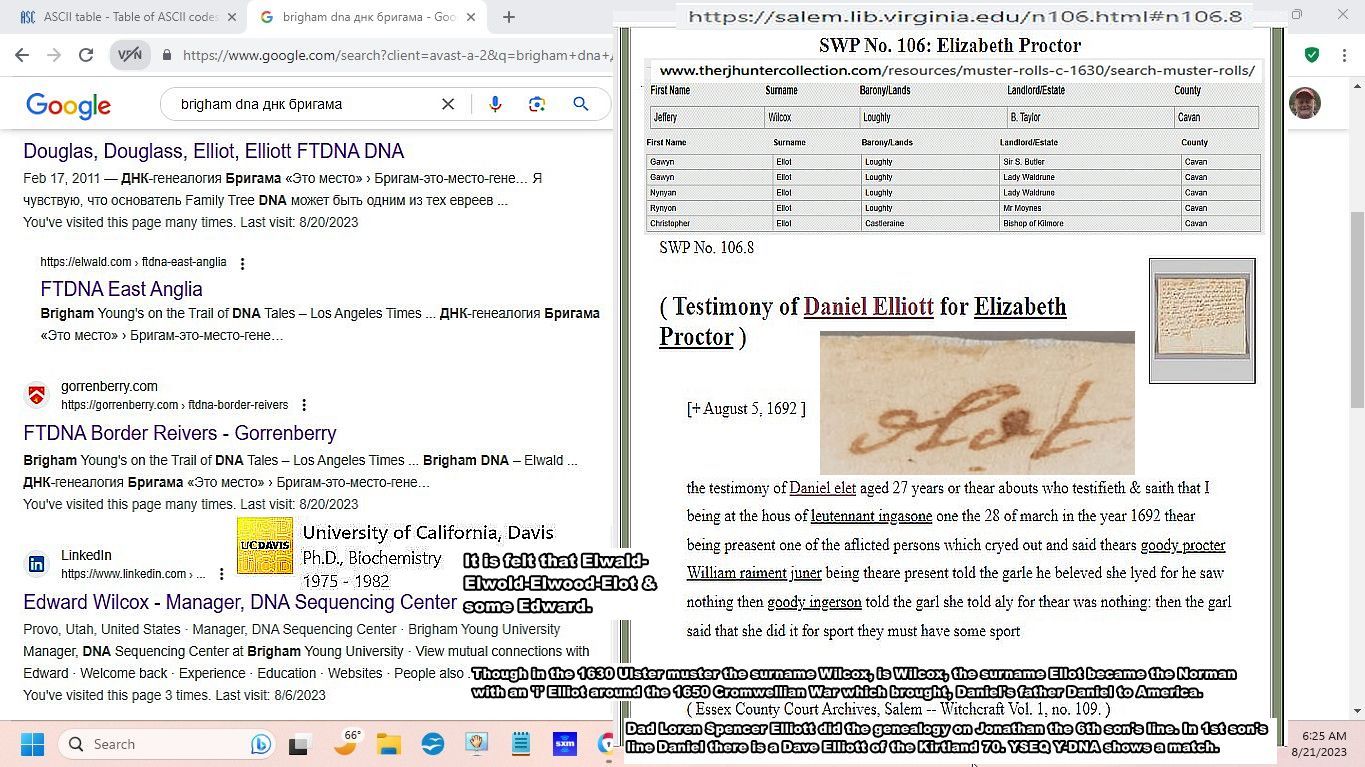
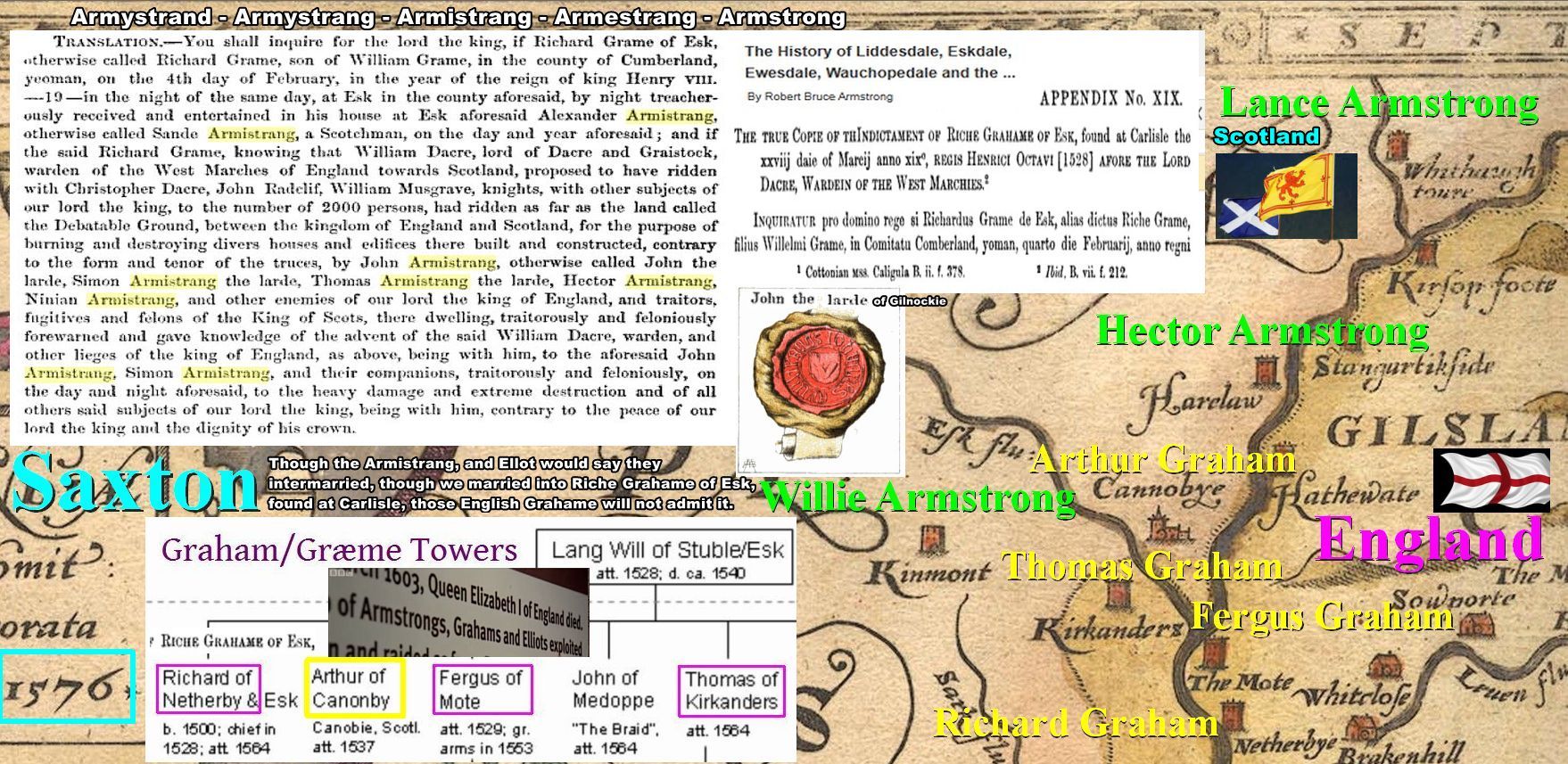
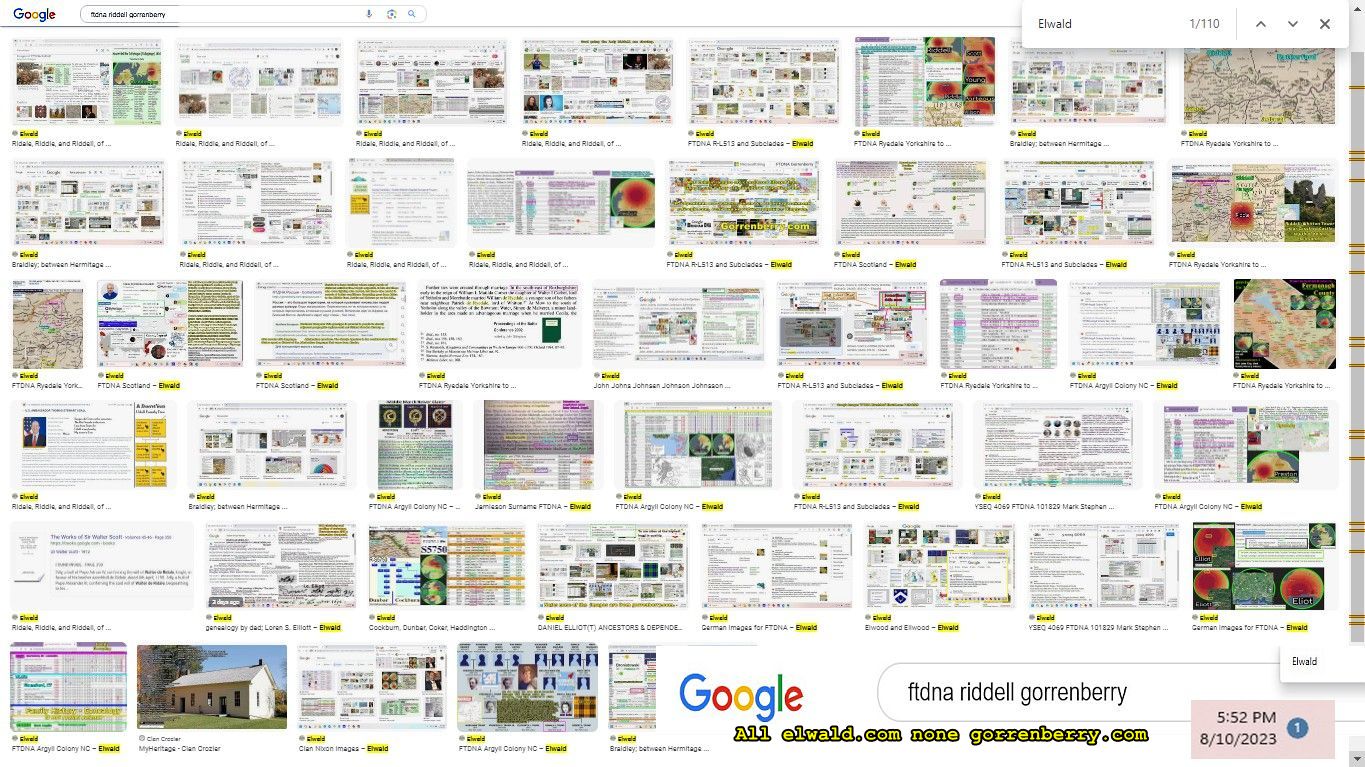
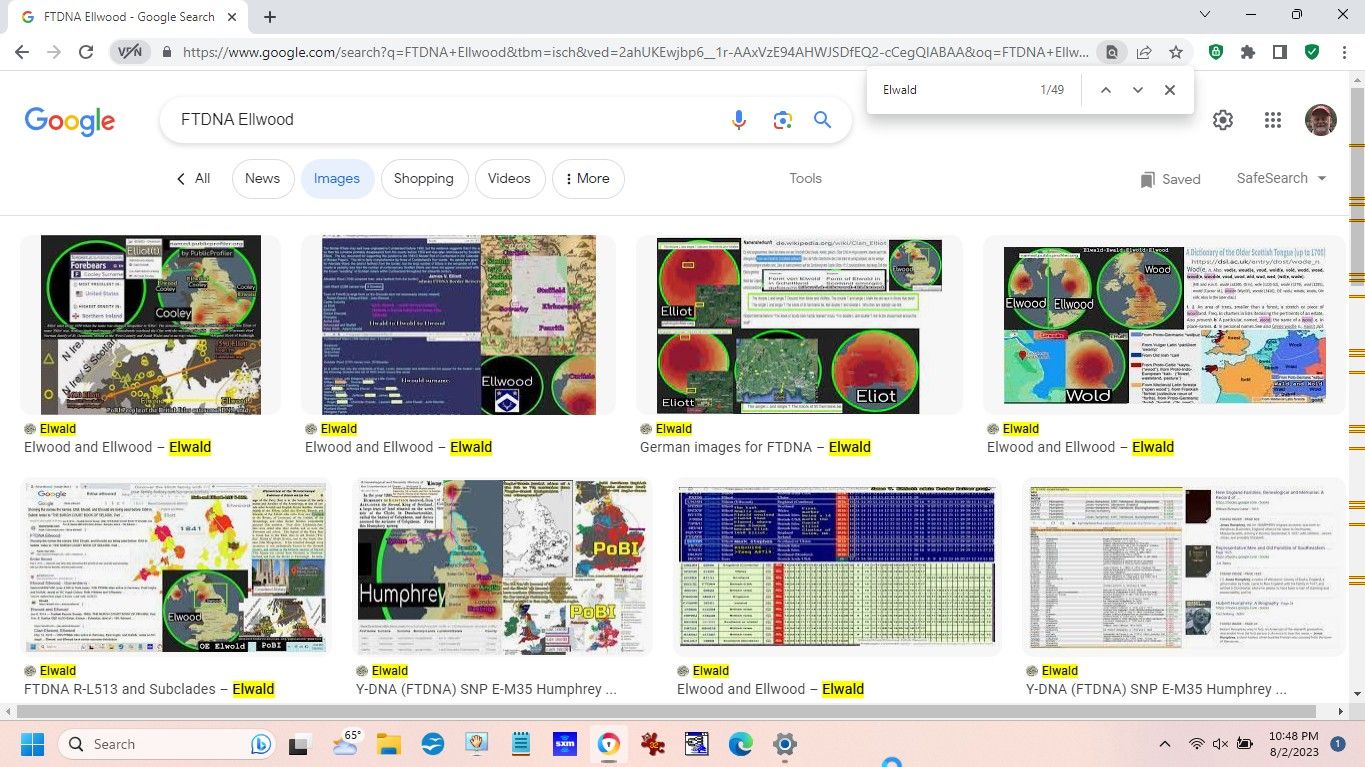
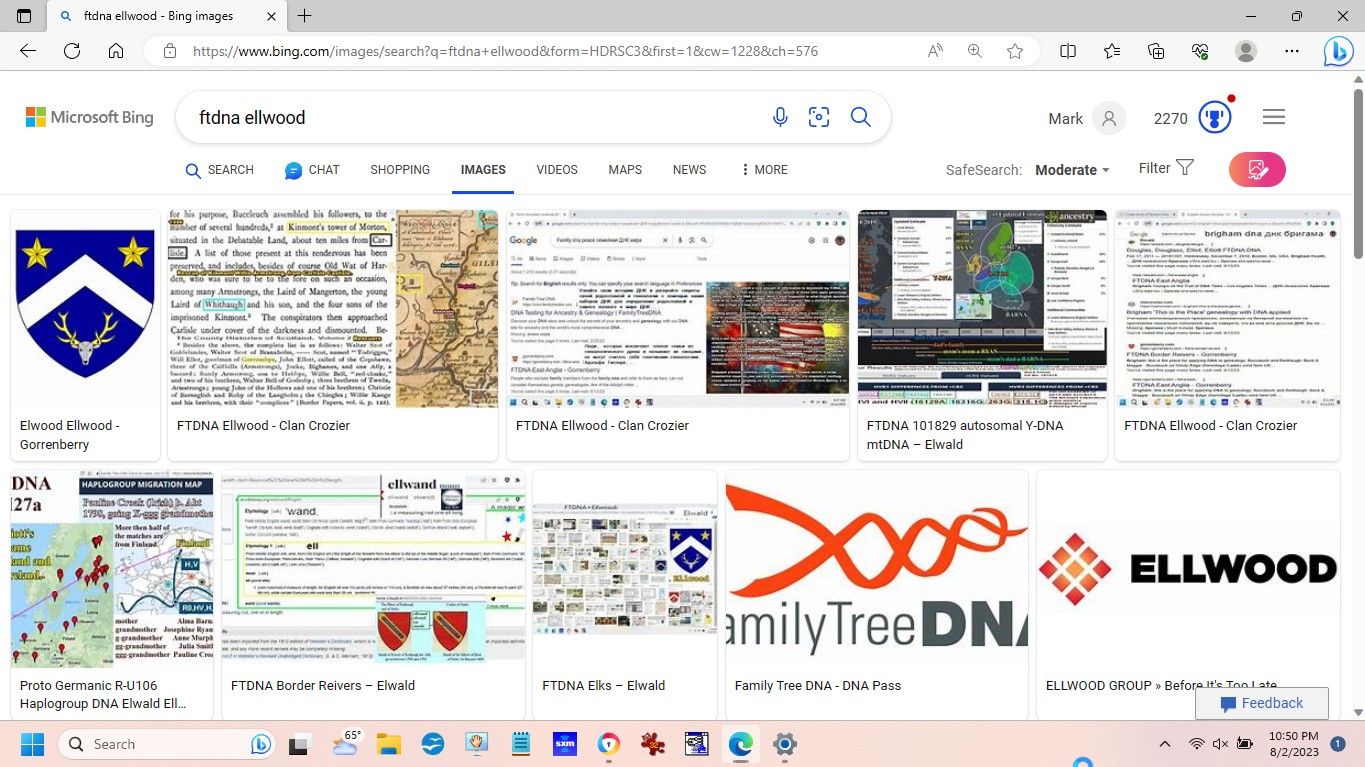
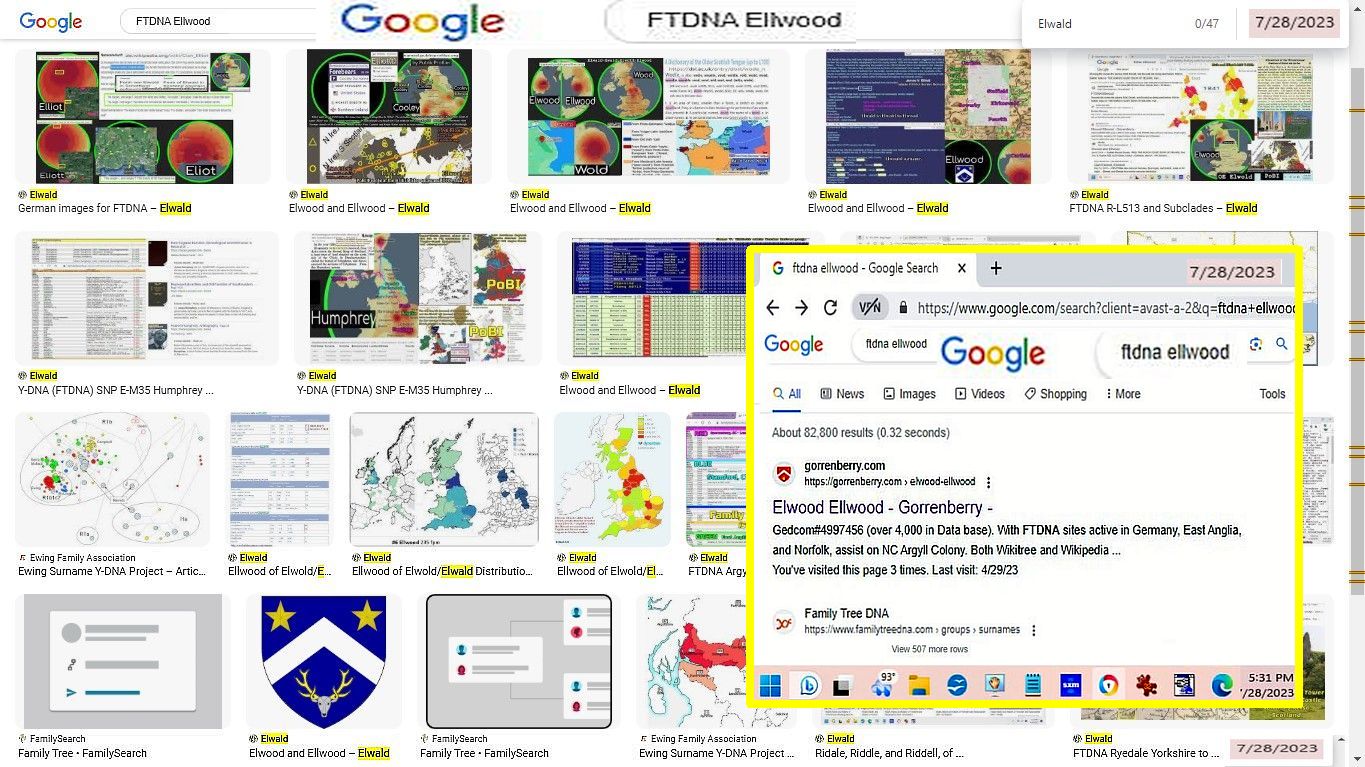
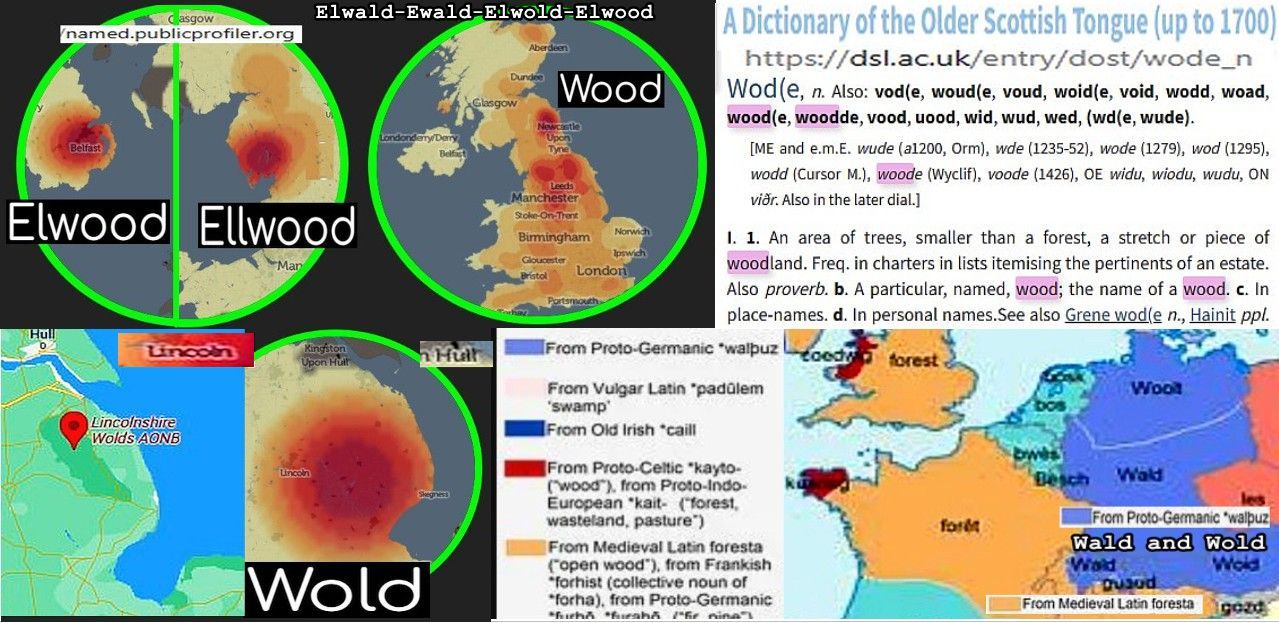
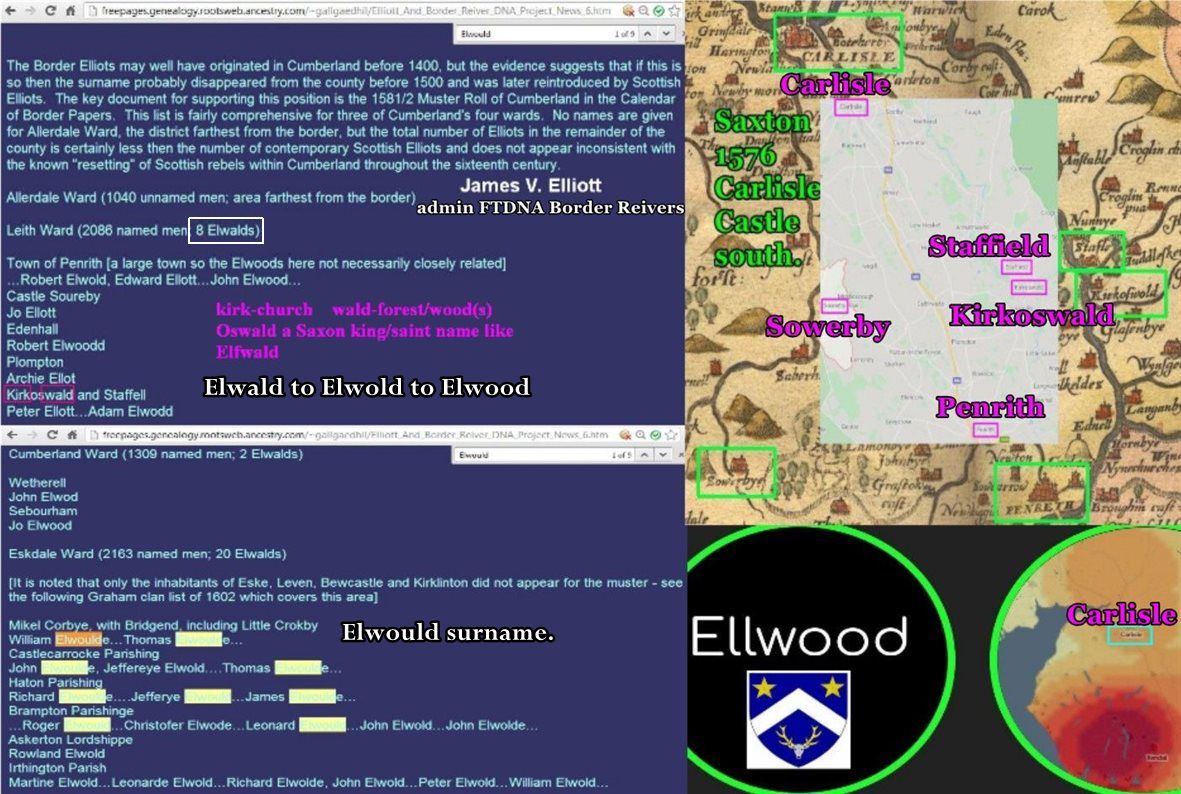
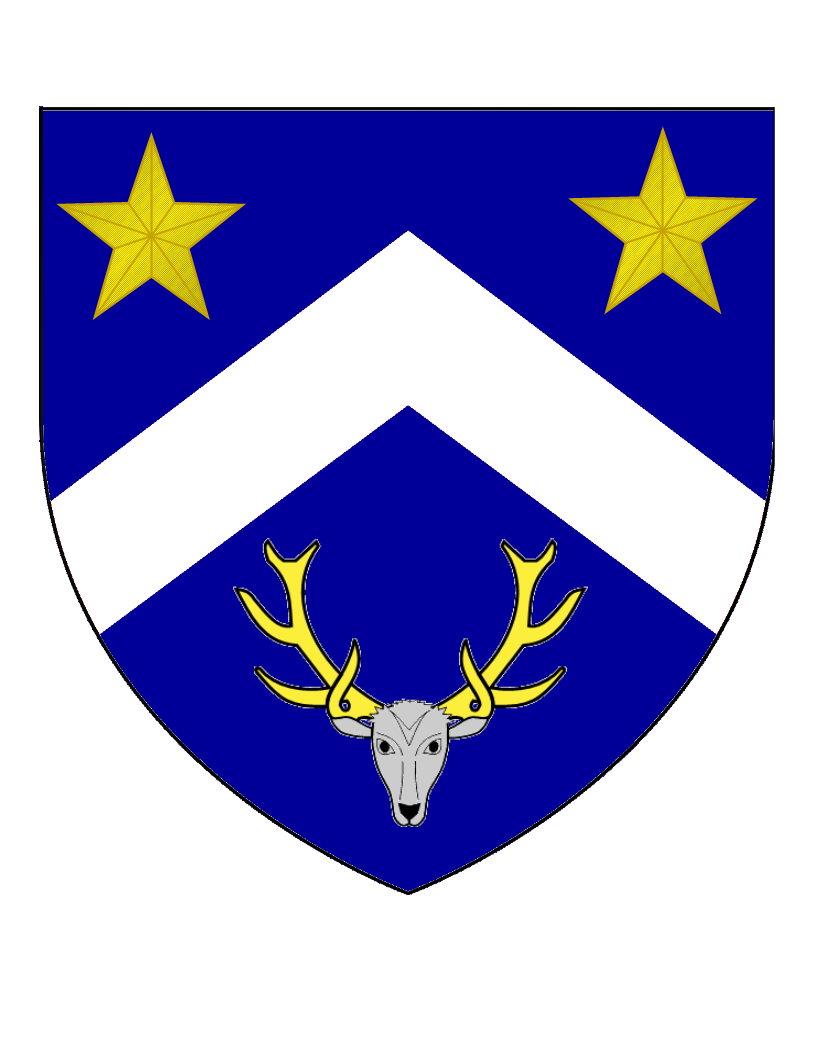
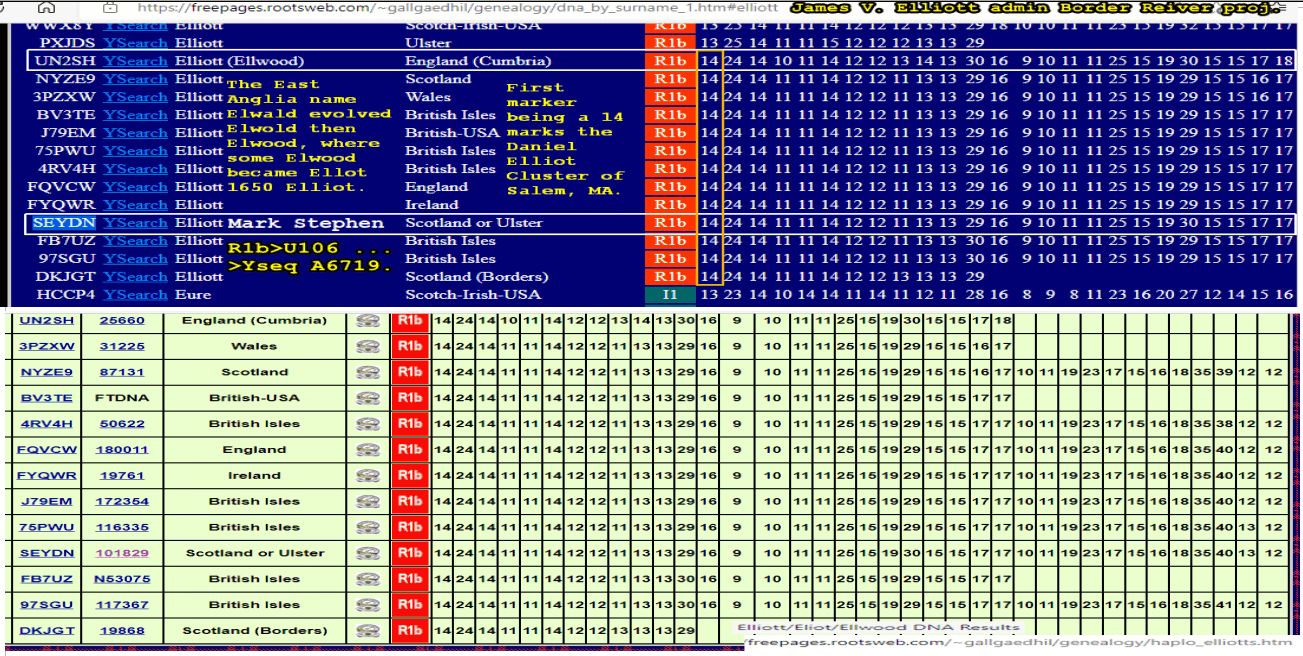
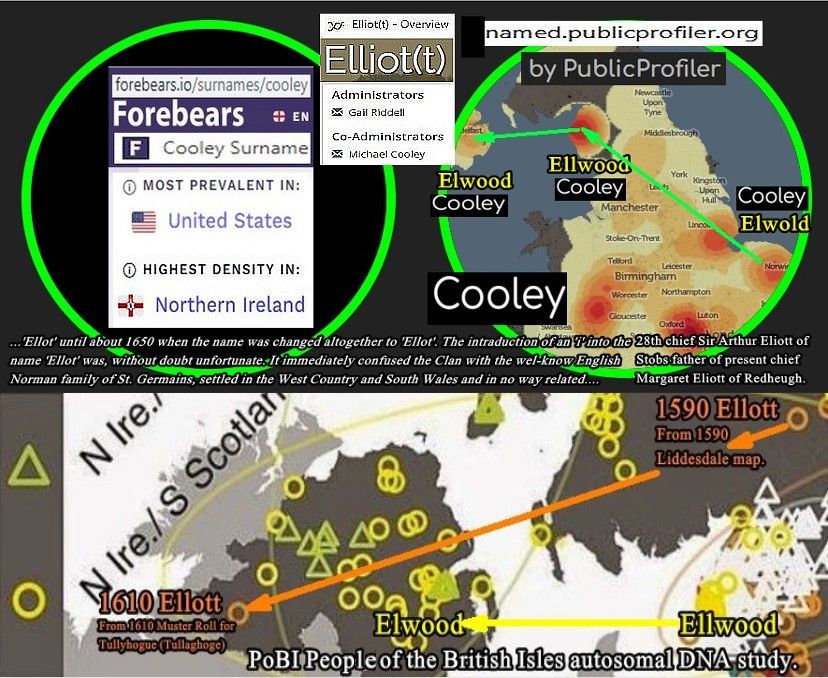


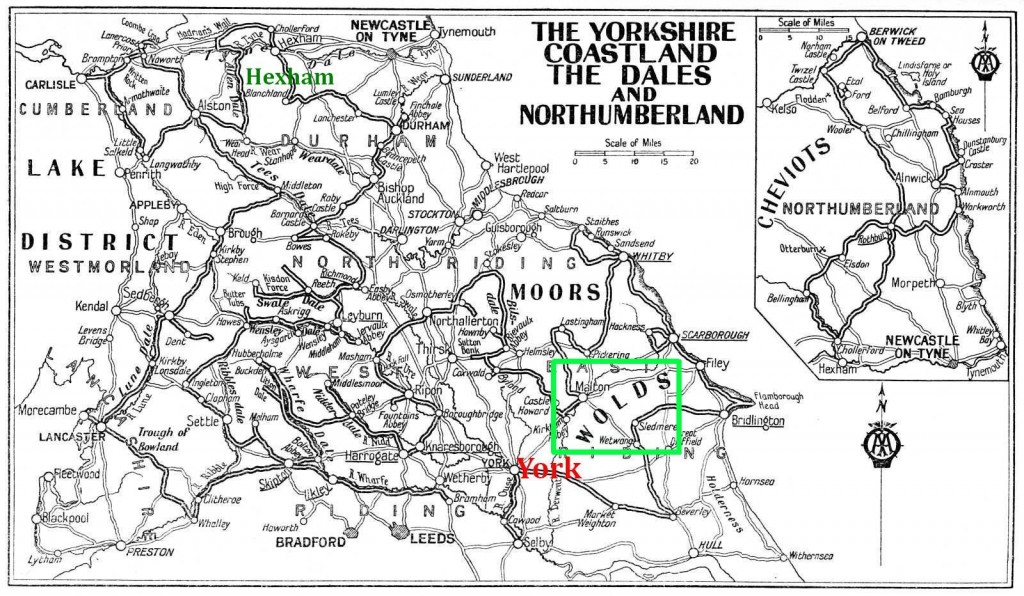












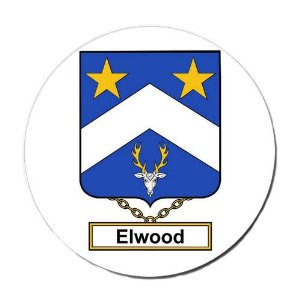
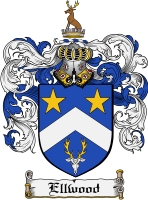


Leave a Reply